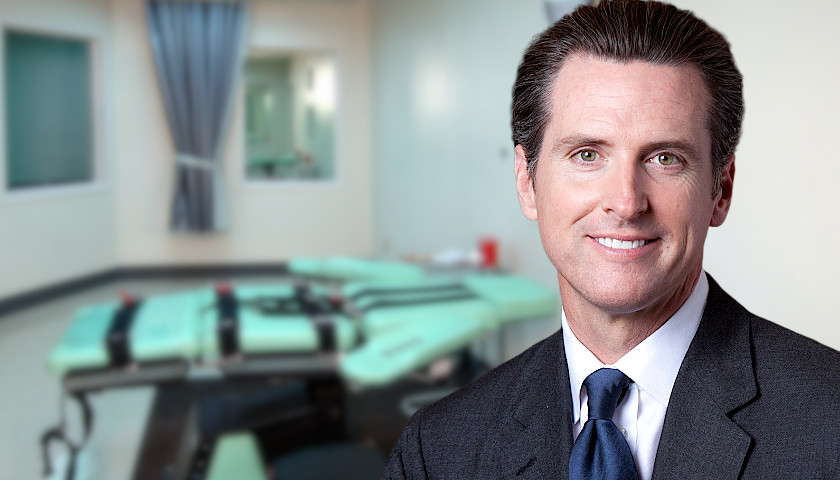The governor of the U.S. state of California plans to announce Wednesday a moratorium on carrying out death sentences.
In prepared remarks seen by news organizations ahead of the official announcement, Governor Gavin Newsom says, “The intentional killing of another person is wrong.”
He cites cases of innocent people being convicted for crimes they did not commit, and sometimes even executed.
Newsom also says cases involving capital punishment disproportionately affect minorities, the mentally ill and those who do not have enough money for costly legal representation.
The moratorium will involve an executive order to withdraw the state’s lethal injection protocol.
None of the 737 inmates currently on death row in California will be released or have their sentences changed. California last executed an inmate in 2006.
Rights groups praised Newsom’s decision.
Alison Parker, U.S. managing director at Human Rights Watch, said the governor “has taken a strong moral stand” and that the group hopes other states will follow his actions.
Criticism came from some law enforcement organizations.
Michelle Hanisee, president of the Association of Deputy District Attorneys, called Newsom’s moratorium “hasty and ill-considered,” and said he was going against the will of the people of California.
In 2016, a ballot initiative that would have ended capital punishment in the state failed, while another to speed up the often lengthy process narrowly passed.
The death penalty has been abolished by 20 of the 50 U.S. states. Governors in Pennsylvania and Oregon have instituted their own moratoriums to stop executions.
There were 25 executions in the United States last year, according to data from the Death Penalty Information Center. Thirteen of those cases were in Texas.




